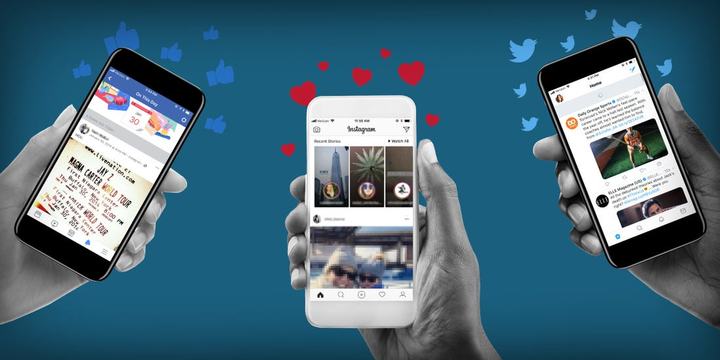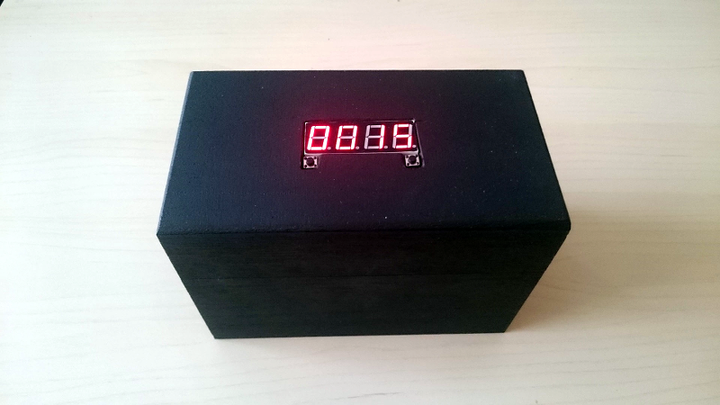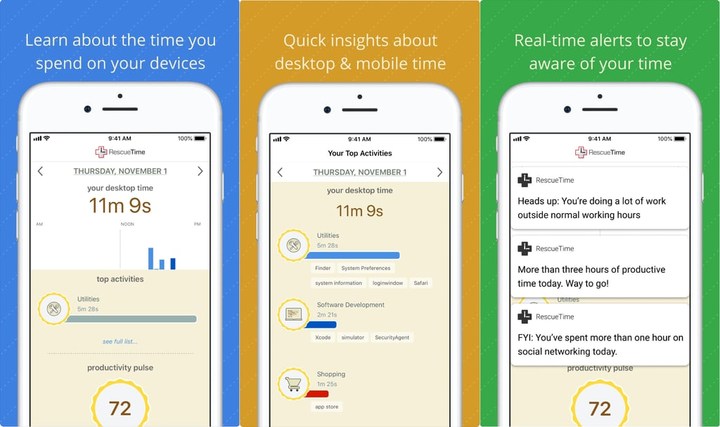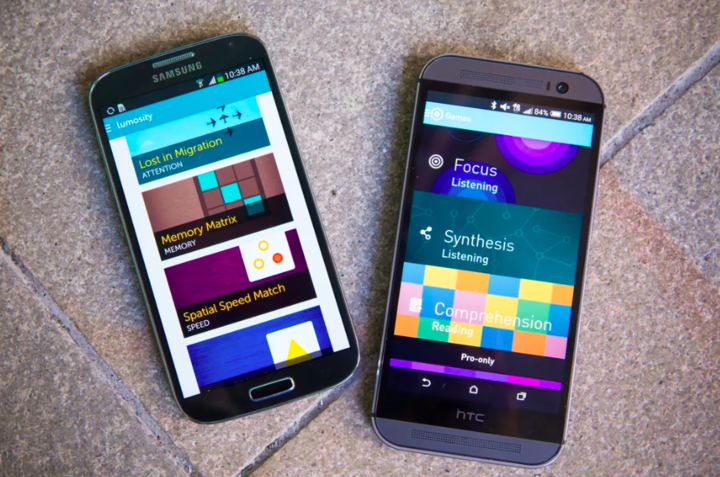It is normal to work and study at times, but after this large-scale remote office experiment this year, we have further realized how difficult it is to focus on work.
Apart from the snacks every half an hour, the sounds of various activities at home seem to get deep into your mind and disturb your mind. Even if all external disturbances are resolved, we still have to face the ordinary devil-the mobile phone, which we usually can’t hide in the office.

The products behind smartphones are competing for our attention. In contrast, a defensive battle has been started to regain control of our attention.
We live in a time full of distractions. To attractYour attention, (the world) has set off a war, and those knowledge workers who can succeed are those who know how to protect their time. ——Jeremy Redleaf, Co-founder of Cave Day
Hurry up and lock this phone for me
You know when you are studying, do n’t go to study on your own, just do n’t sit opposite the person you like, because you definitely ca n’t read the book, and you ’re looking forward to seeing it.
Our emotions on the mobile phone are equally humble, and we are expecting / anxious about the vibration that it may ring at any time. We look forward to the anecdote that we may encounter after unlocking, and we are always restless.

▲ Image from Business Insider
Research has even pointed out Even if your phone is muted or turned off, as long as you can see it, it will attract your attention and cause interference.
This simple “common sense” makes mobile phones the primary goal in this attention defense battle, inspiring designers and developers to come up with various solutions to isolate temptations.

▲ Lock your phone, picture from Hackday
Google’s Envelope project is a bit more refined . The design team designed a series of paper envelope templates for the Pixel 3a, which were folded and folded according to the instructions, and they became temporary mobile phone isolation tools.

▲ Envelope from Google
At the same time, you can still operate the phone with digital buttons printed on paper models or camera instructions, using limited phone functions. After the work is finished, you just need to tear the paper model directly to get back the normal mobile phone.

▲ You can still take photos after envelope is packaged. The picture comes from Google
In addition to physical barriers, a new area has been developed around applications that reduce unnecessary mobile phone usage time.
iOS ’s “Screen Time” and apps such as Moment, RescueTime, OffScreen can record screen usage time and frequency to help users better understand how much time they use their phones; Freedom allows users to design “device use Plan “to automatically open specific webpages, applications, or even disconnect the Internet at a specific time.

▲ RescueTime, picture from Popsugar
But also as smartwatch Relationship with fitness , such tools to help manage the use of mobile phones are likely to be the icing on the cake of those who are more disciplined, but in the hands of users who will unlock all locked apps anyway Can’t be a charcoal in the snow.
Our habit of obtaining high-frequency debris information through smartphones may make our ability to concentrate more weak, but to get rid of this dilemma, simply locking the phone is not enough.
Mobile is just one aspect, we need a more comprehensive social experience
Mobile phones connect us more closely to the world and allow us to do many things independently. At the same time, it also reduces the frequency with which we communicate and be with others, and the “solitude” and “social support” behind us are weakened.
University philosophy teacher Ron Srigley once initiated a project , students only need not to For eight days on the cell phone and record their feelings during these eight days, you can get extra credits.
One of the interesting feedbacks is that most students are “forced” to communicate seriously with others. The student, alias Stewart, summarized this as: “Forced to build a ‘real relationship’ with people. I have grown … Every experience has taught me to deal with relationships better than to hide behind my phone to escape.
The Atlantic Monthly
Use games to increase concentration? Have you heard it many times?
In fact, more than 2,000 companies worldwide are currently conducting research in this area, and many papers have been published, but the experimental design is generally not rigorous and the evidence is weak. One group of researchers even spent several years studying all the major papers published by large companies, a total of 378 articles, The conclusion is that :
There is no convincing evidence that practicing these mental games can improve everyday work in life.
Famous brain games company Lumosity has been fined $ 2 million by the U.S. Federal Trade Commission for claiming that its games can delay memory decline and even the appearance of Alzheimer’s.

▲ There are many brain training games on the market. The picture comes from CNET
Specifically, researchers are struggling with oneQuestion-You have played more puzzle brain games, and you are better at playing these games, but this means that you can transfer this “brain boost” to a wider range of applications?
The National Academy of Sciences pointed out that among a bunch of unreliable experiments, the only one with a reasonable design and relatively reliable conclusions came from Gazzaley, who can slightly prove that training is effective for improving cognition. However, officials emphasize that their experiments still have limitations in scale.
It is worth pointing out that the training of Neuroscape founded by Gazzaley is different from sitting in front of a computer and playing a puzzle game. It combines thinking games, sports and even face-to-face communication encouragement workshops.

▲ Gazzaley’s current training game combines brain power and movement. Picture from “Connection”
I think we will unleash the potential to optimize our cognitive and emotional regulation in an unprecedented way.
But can we do it now? I dare not say that. But I think we can do it later.
We’re not sure if we can finally find a game that will allow us to have a “stronger brain,” or find other shortcuts to fix our attention. But it is certain that the increasingly scarce ability to focus will become a new personal advantage in the information age.
Whether it’s throwing your phone behind the sofa at work, or looking for a better environment for concentration, we can still rebuild the ability to focus from now on, before it’s too late.